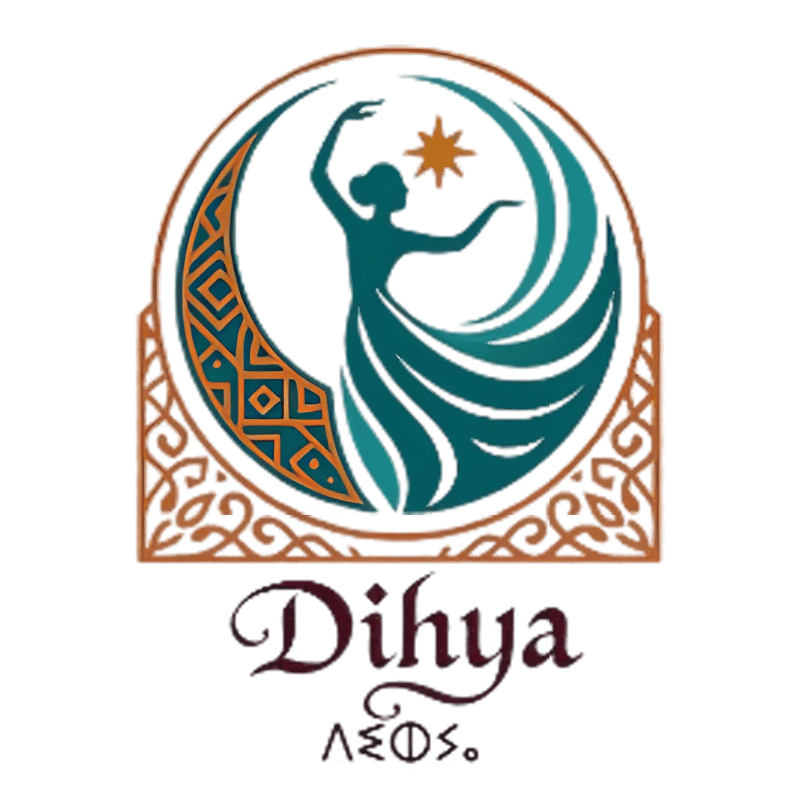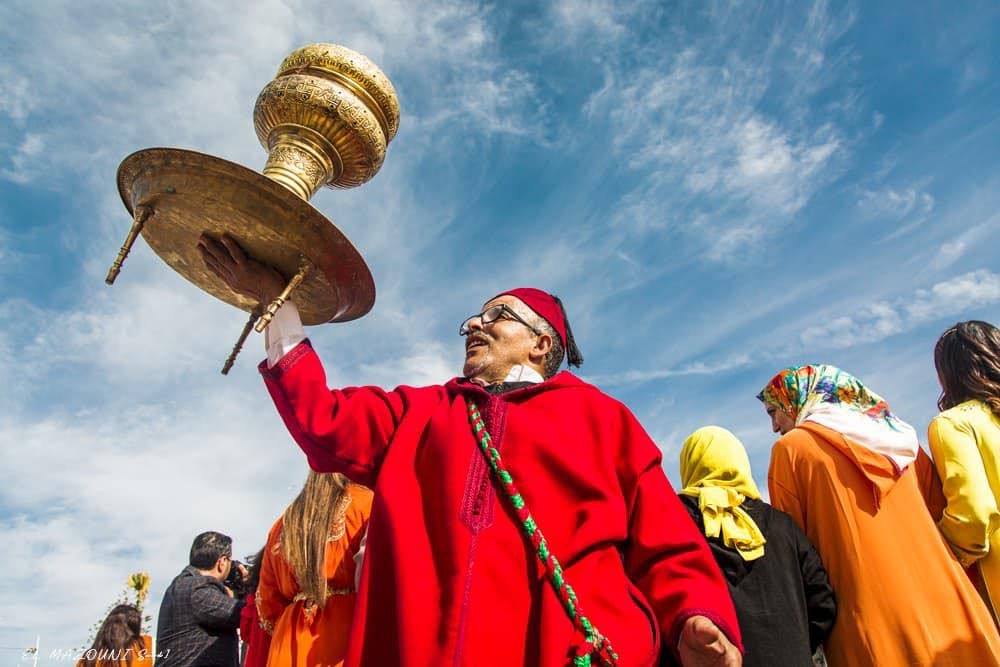“Let the moon unbind your spirit — and set your soul free.”
What is Hadra?
Hadra (from the Arabic “presence”) is a form of devotional practice in Sufism that combines sacred music, rhythm, chant (dhikr), and often collective movement to invoke divine presence. It is not simply a performance; it is a living act of remembrance — a spiritual ceremony where the heart, the voice, and the body become vessels for union with the Divine.
The Issawa Tradition
The Tariqa Issawiya is one of Morocco’s most ancient and revered Sufi brotherhoods, founded in the 16th century by Sidi Mohamed Ben Aïssa, also known as Sheikh al-Kamel, in Meknes. The Hadra Issawa is particularly intense and ecstatic — characterized by powerful chants, hypnotic percussion (especially ta’rija and bendir drums), and a progressive elevation of energy.
Traditionally led by men, the Hadra Issawa has also inspired feminine devotional expressions, especially in private and sacred women’s circles, where the voice becomes a path to liberation and deep prayer.
What You Will Experience
In this gathering — Tilila, the Freedom — we enter the sacred current of Hadra not as spectators, but as participants. You will learn to chant simple sacred phrases (dhikr), move in harmony with others, and allow rhythm to loosen what the mind holds tight. The experience is grounding and elevating at once.
We gather in circle, as Sufi women have done for centuries, letting the sound guide us beyond thought — into breath, into surrender, into vastness.
Why It Matters
The Hadra is freedom through devotion. In a world that often demands you control, suppress, or silence yourself, this is a space to release — to cry, to chant, to sway, to rise.
Tilila is not a freedom that comes from rebellion — but from return. To yourself. To the One. To the breath of your soul.



